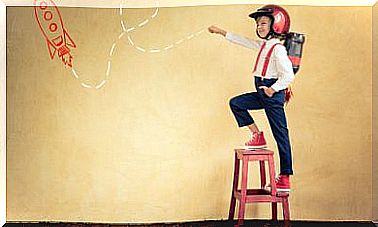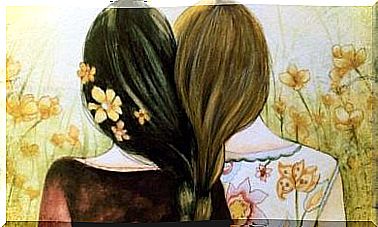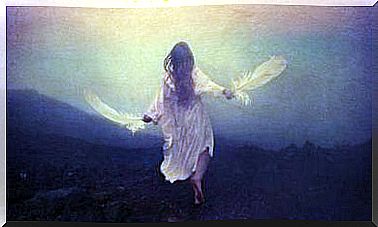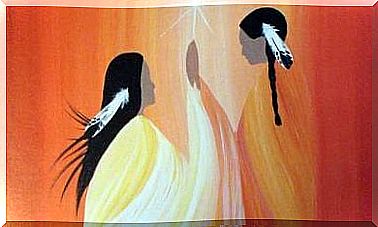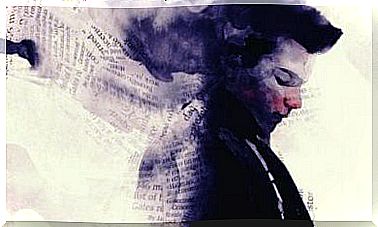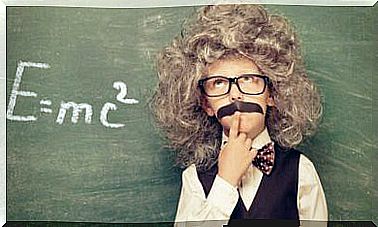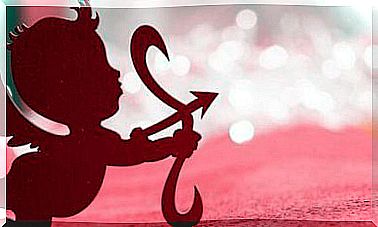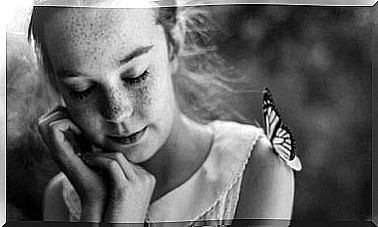Changing Perspective: Are You The Wolf In Someone Else’s Story?
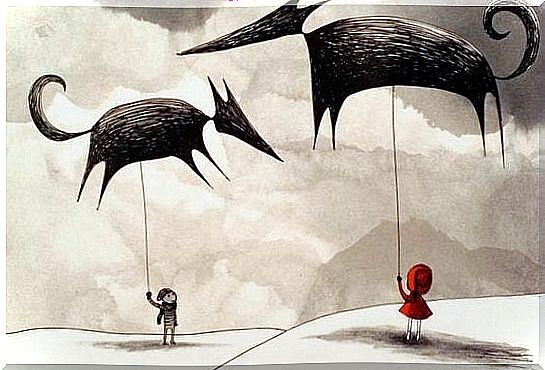
Sometimes, almost without realizing it, we become the bad guys in the story, we become Little Red Riding Hood’s ‘wolf’. At this point, we need to change perspective. We are the big bad wolf because we got mad at someone for good reason, proclaimed the truth loudly, or did something according to our values. We are the bad wolf because we interfered in someone else’s life and didn’t do what we “should” have done.
It is dangerous to fall into the trap of classifying and grouping the people around us as ‘good and bad people’. We do it so often that we hardly notice it. For example, if a child is obedient, calm and quiet, we immediately say that it is ‘good’. However, if they have a personality, a big mouth, are restless and very prone to tantrums, then we don’t have to think twice about saying out loud that it’s a “bad” boy or girl.
We often act in line with our self-constructed ideas about what we expect from others. We have already decided what we consider appropriate and respectable, about what we see as generosity or goodness. And so only one part of this has to “fail,” a single element of our internal guidelines is not adhered to or shown, and as a result, we have no hesitation in classifying that person as unreasonable, toxic, or even “evil.”
It’s pretty common to be the wolf in someone else’s story. However, in many of these cases it is necessary to analyze the person who lives under that red cap.
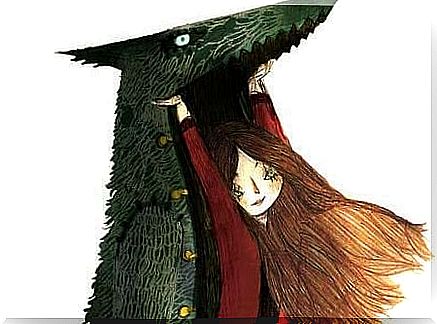
Creating our own ‘stories’ gives us security
Little Red Riding Hood is an obedient girl. On her journey through the forest, she knows that she must not leave the trails. There are rules she must follow and she must act on what she has learned. However, when the wolf comes on the scene, her perspectives change. She is captivated by the beauty of the forest, by the sound of the birds, the touch of the flowers, the smell of that new world full of different sensations. The wolf in the story therefore represents intuition and the other side of human nature in all its willpower.
This metaphor will undoubtedly help us better understand many of the dynamics we encounter on a daily basis. There are people who, like Little Red Riding Hood at the beginning of the story, show an inflexible and regulated behavior. They have decided how relationships should be formed, what a good friend should look like, how a colleague should behave, and what makes an excellent son and partner. Their brains are programmed to look only for conformity and uniformity because that’s how they get what they need most: security.
When the story goes wrong
However, if a wrong chord is struck, if someone else reacts or acts according to what he expects, he panics. This person is suddenly a threat, and this starts to cause stress. Opposing views are seen as an attack. Another idea, a harmless refusal or an unexpected decision deeply disappoints them and this is seen as an insult and a rejection.
So, almost without looking for it, without anticipating it and even without wanting it, we became the “wolf” of the story, the person who followed his intuition and hurt the fragile creature under the red cap.
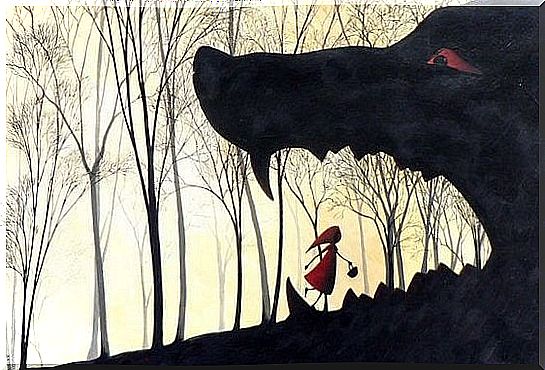
However, there is another side to the story: we often act as Little Red Riding Hood herself, the girl who made the mistake of making up her own story. We make and make plans about what our lives should be like. About how to have an ideal family and what our best friend should look like. And of course that perfect love that never goes wrong and that fits with all the other parts of our lives. Just imagining it fills us with excitement, the thought of it gives us security, and we fight for everything to happen the way we want it to.
When the story ceases to be a story and becomes reality, everything collapses, and the wolves come to devour our near-impossible fantasies.
Good guys and bad guys: which one are you in the story?
Being the wolf in someone else’s story isn’t pleasant. There may or may not be concrete reasons why we are that wolf. Whatever the situation, it is an unpleasant experience for everyone involved. However, there is one fundamental aspect that we cannot ignore. Sometimes we are the “bad guy” in someone else’s story because then we can be the “good guy” in our own story. Perhaps we are the “hero” who managed to get out of a tiring and unhappy relationship, or the character who had the guts to write “the end” of a story that had no future.
Before we become domesticated wolves living in impossible fables, we must muster the courage to listen to our own instincts and act with intelligence, respect and cunning. Acting according to one’s own principles, needs and values is not the same as malice. It’s just living your instincts, knowing that in the forest of life, the good guys aren’t always that good and the bad guys aren’t always that bad. It is important to know how to live together with genuine honesty, without wolf skins or hoods.
